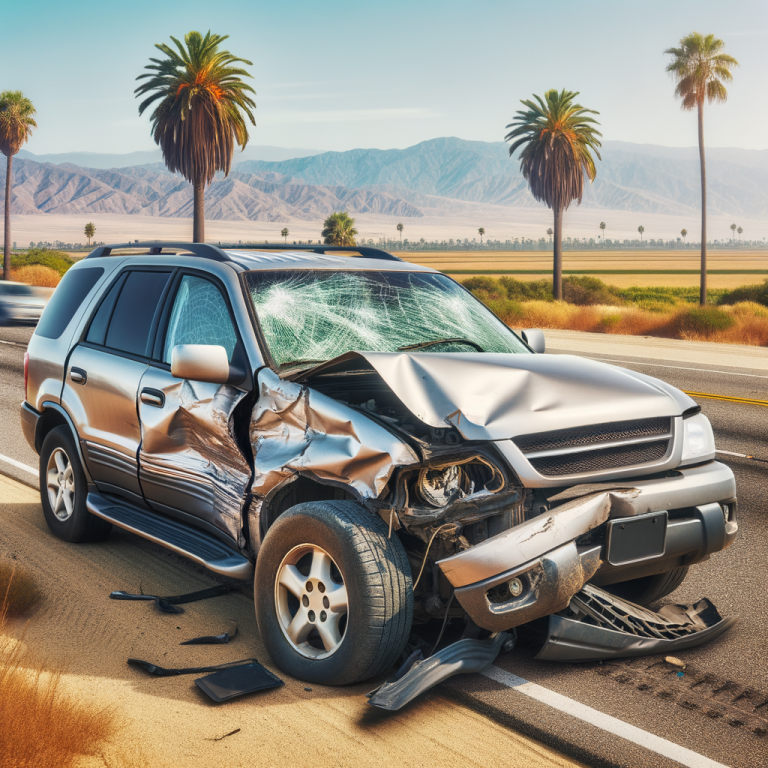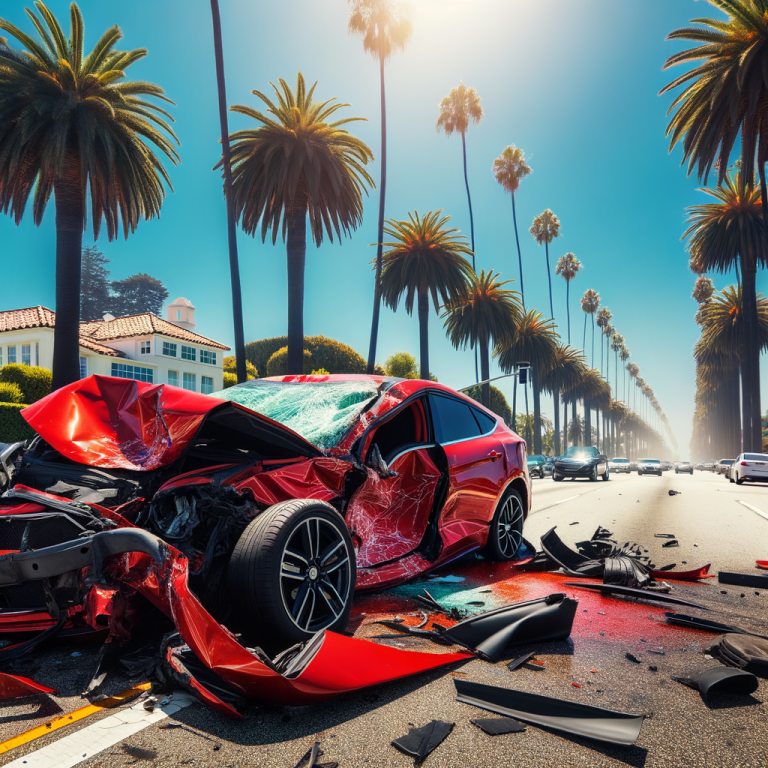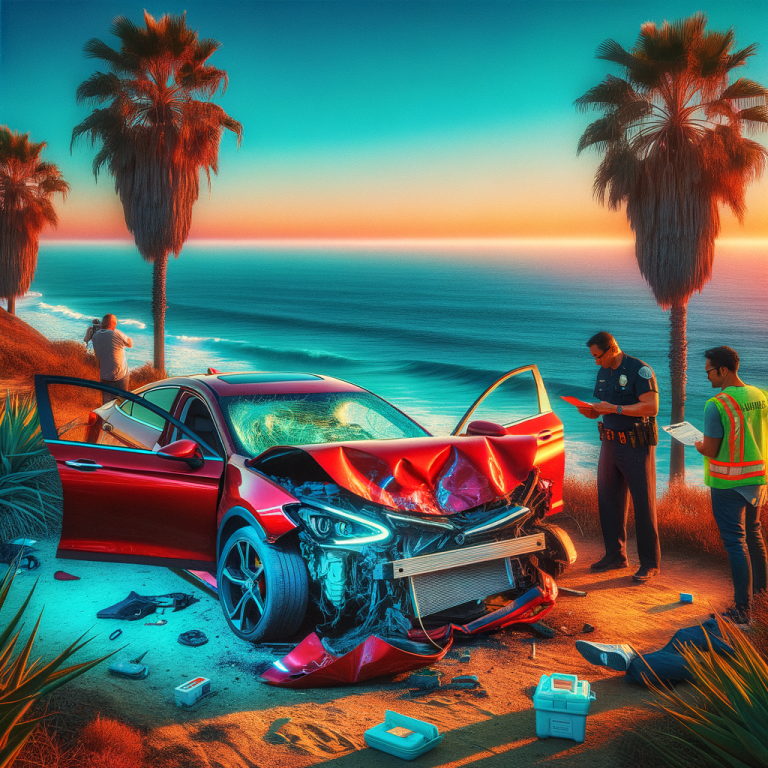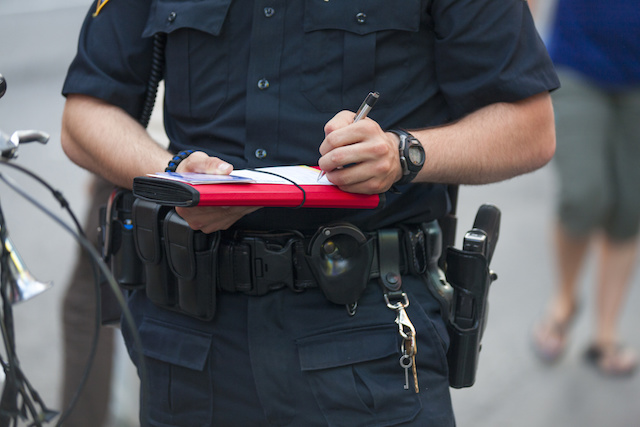The LAPD and other police departments throughout Southern California have taken an increasingly aggressive approach to drunk driving in recent years, and one of the tools that they have used more frequently are DUI checkpoints. Such checkpoints are constitutional under both federal and California state law, but police must follow certain guidelines, such as using a non-arbitrary formula to stop drivers (e.g. every third vehicle), which means they cannot use factors like race or car model to decide which drivers to stop. That said, there has been much misinformation put out there by non-lawyers, especially on YouTube and other Internet sources, regarding your rights at a DUI checkpoint, specifically on whether you have to talk to police at a DUI checkpoint.
Providing Your License and Registration
It is important to note that, if you see a DUI checkpoint ahead, you are within your rights to avoid the checkpoint if you can legally and safely do so, such as by turning onto a side street. You should not attempt to avoid the checkpoint through an illegal maneuver such as a prohibited U-turn, which is sure to attract police attention.
When your car is stopped, however, you are required to provide the police with your driver’s license and registration if asked, which is considered a legal obligation you undertake by driving on public roads. This will of course require that you roll down your window to facilitate providing this documentation to the police.
You Do Not to Have to Answer Questions
Although you are required to provide a license and registration if asked, you are not required to answer any of the police officer’s questions nor to submit to field sobriety tests under your Fifth Amendment protections against self-incrimination. You always have a right to request to have a lawyer present before answering any questions from the police (whether you have been charged or not) and the police must stop all questioning at that point.
The police may only detain you long enough to determine whether there are signs of intoxication - slurred speech, the smell of alcohol, open alcohol bottles within plain view, glassy eyes, etc. - such that there would be probable cause to arrest you for DUI. If there are no signs of intoxication or any other crime you might have committed, the police must let you go on your way.
When the Police Can Arrest You at a DUI Checkpoint
If the police do have probable cause to arrest you for DUI during the brief time in which you are detained at the checkpoint, then they may do so. Probable cause is defined under our constitutional law as there being enough facts readily apparent to the officer at the time the arrest is made to lead to a reasonable conclusion that a crime was likely committed, namely that you were driving under the influence. Police officers cannot act on a “hunch” in making this probable cause determination but must be able to point to specific facts such as slurred speech and open containers in plain view.
The police cannot search you or your car unless it follows a valid arrest or if the police have probable cause that your person or your car contains evidence of a crime. The police can also search your car if you consent to the search, which you should not provide without speaking to a criminal defense attorney first.
Your Multilingual DUI Defense Team in Southern California
The criminal defense attorneys at the Law Offices of Scott Warmuth vigorously defend the rights of men and women across Southern California who have been arrested and/or charged with criminal violations. Our multilingual staff and legal team will do everything we can to defend your freedom and get your life back to normal as quickly as possible. To get more information on how we can assist in your criminal defense, speak to an attorney at the Law Offices of Scott Warmuth today by calling 888-517-9888.






